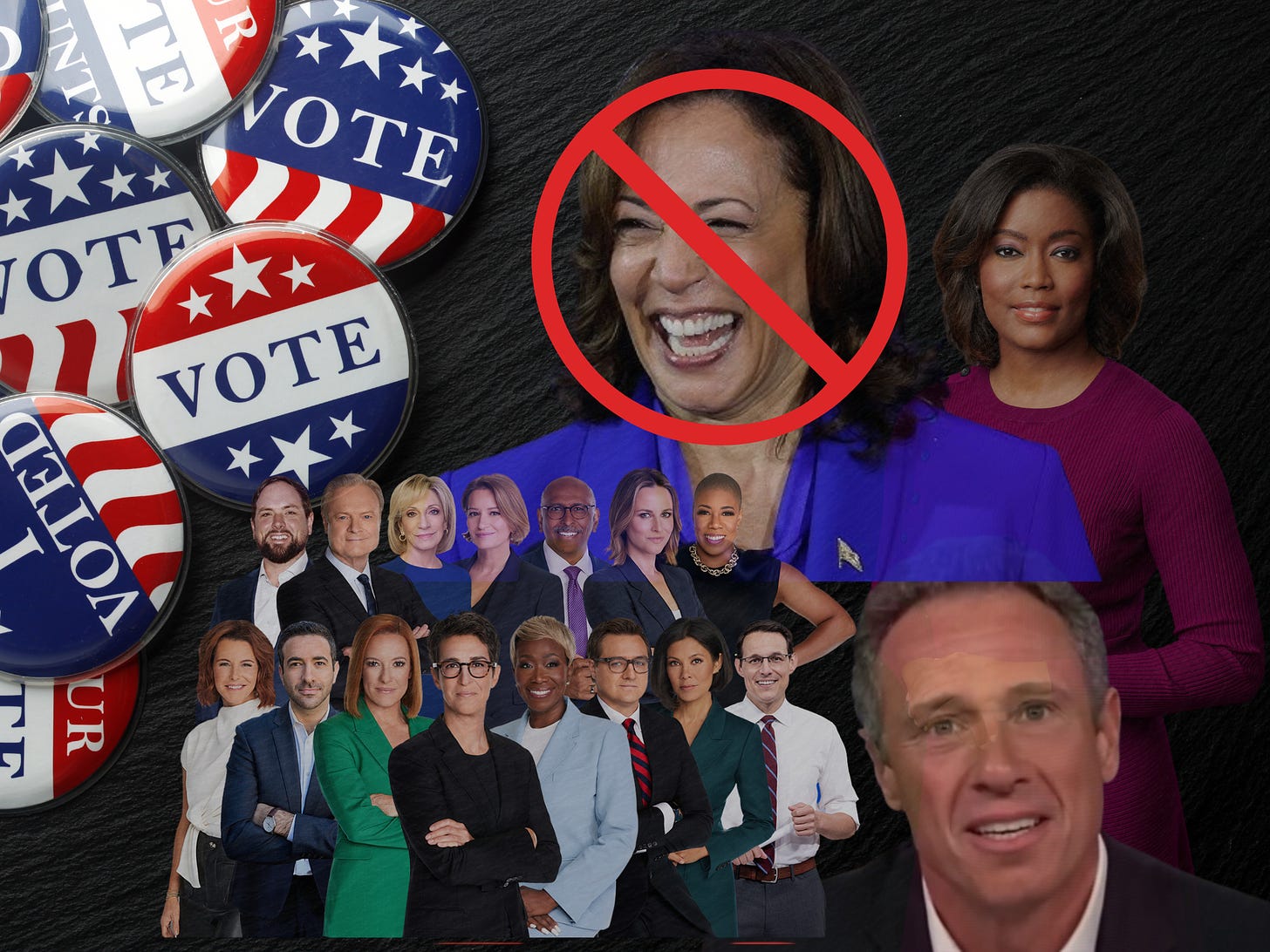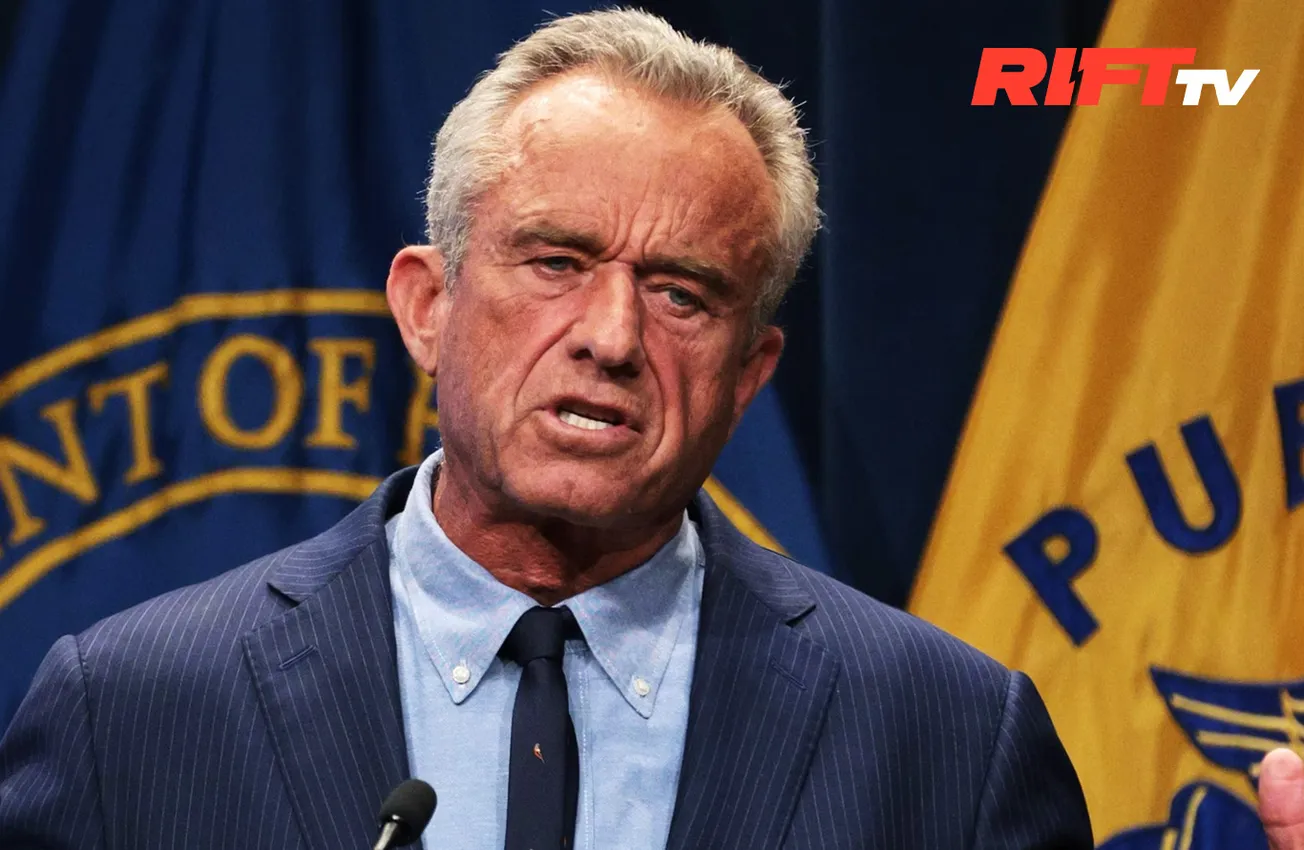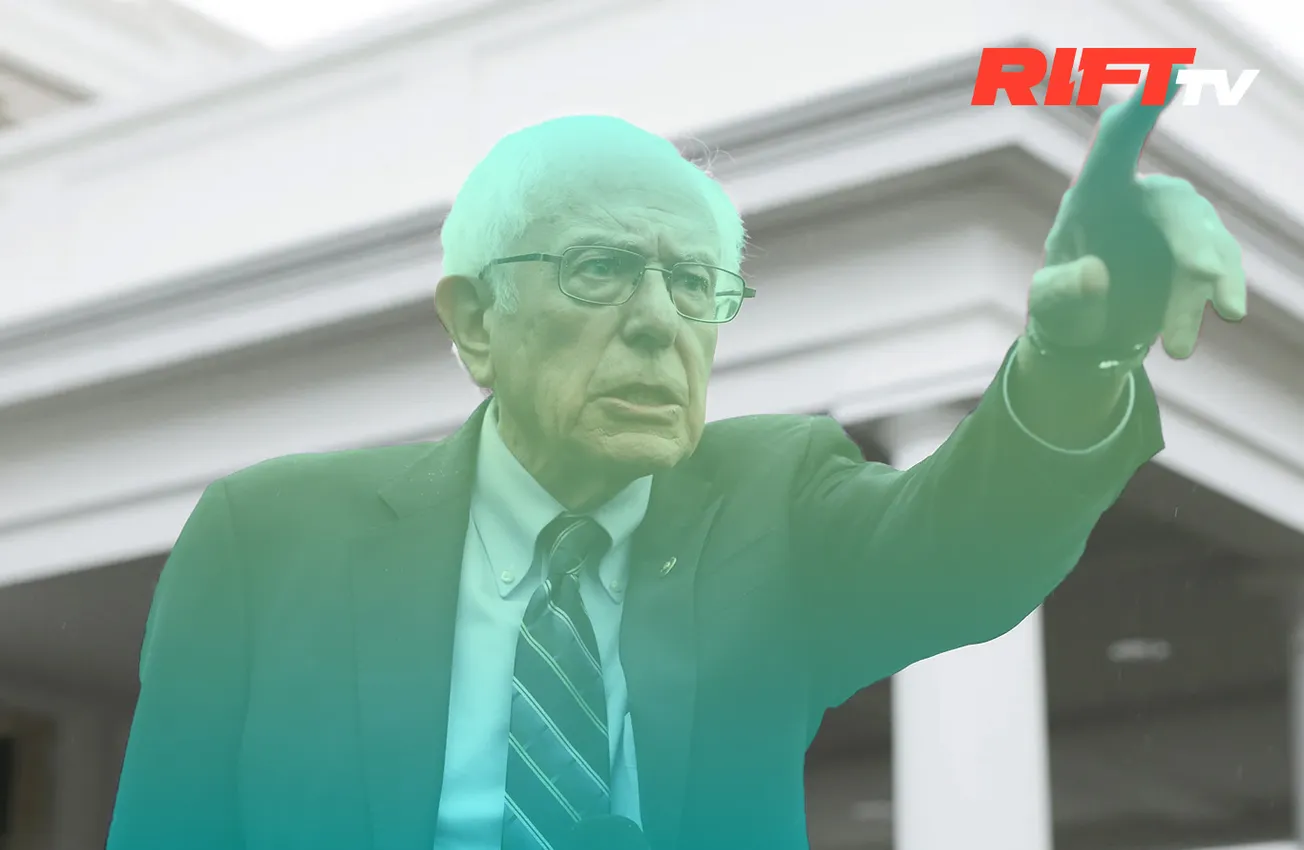The 2024 presidential election delivered a decisive verdict against the Democratic Party, marking a seismic shift in American politics. Kamala Harris, despite being the incumbent vice president and a historic figure, suffered a landslide defeat that left political analysts and voters alike questioning how the left fell so far out of favor. Below is an in-depth exploration of why the Democrats and leftist policies were so resoundingly rejected.

1. Disconnect from Everyday Americans
The Democratic Party’s focus on progressive policies and cultural issues alienated a significant portion of its base, particularly working-class voters. The priorities of the Biden-Harris administration often appeared disconnected from the concerns of average Americans, such as:
- Rising inflation and stagnant wages.
- High energy costs tied to green energy policies.
- Escalating crime in urban areas.
Rather than addressing these bread-and-butter issues, Democrats were seen as prioritizing initiatives like diversity training, gender pronoun policies, and climate agendas. These issues, while important to certain constituencies, failed to resonate with struggling families in battleground states.
2. The Southern Border Crisis
The Democrats’ handling of the southern border became a glaring liability during the campaign. Under the Biden-Harris administration, border crossings reached record highs, and policies perceived as lenient toward illegal immigration fueled widespread dissatisfaction.
Key points of contention included:
- Record Numbers: The U.S. faced the highest levels of illegal border crossings in decades, with overwhelmed border agents and insufficient resources to manage the crisis.
- Lack of Enforcement: Policies like ending "Remain in Mexico" and rolling back Title 42 measures were seen as encouraging illegal migration.
- Fentanyl Crisis: The influx of illegal drugs, particularly fentanyl, exacerbated the opioid epidemic, devastating communities across the country.
- National Security Concerns: Reports of foreign nationals from adversarial nations crossing the border further alarmed voters, who felt the administration was failing to protect national sovereignty.
Voters in border states and beyond viewed the Democrats’ approach as a dereliction of duty, driving support for Republican candidates who emphasized strong border enforcement and national security.
3. Backlash Against Woke Ideology
The left's emphasis on "woke" culture became a rallying point for opposition. Policies perceived as divisive or excessively focused on identity politics—such as teaching critical race theory in schools or pushing gender-affirming policies for minors—sparked widespread backlash. Key voting blocs, including suburban women and Hispanic voters, shifted rightward, expressing frustration with what they saw as moral lectures and cultural overreach.
Voters in swing states rejected the Democratic Party’s focus on social engineering, opting instead for candidates who promised a return to common-sense governance.
4. Economic Discontent
Economic concerns loomed large over the election. Many voters held the Biden-Harris administration accountable for:
- Persistent inflation that eroded purchasing power.
- A faltering housing market driven by skyrocketing interest rates.
- Job insecurity and limited economic growth.
The Democrats’ failure to present a clear economic plan or offer tangible relief to working families left voters disillusioned. In contrast, the Republican message of economic renewal and deregulation gained significant traction.
5. National Security and Global Weakness
Another key factor was the perception of diminished U.S. strength on the world stage. From the chaotic withdrawal from Afghanistan to increasing tensions with China and Russia, the Biden administration’s foreign policy was criticized as weak and indecisive. This narrative gained further traction as concerns about border security and uncontrolled immigration surged, with voters feeling that the Democratic Party had failed to protect national sovereignty.
6. Declining Trust in Institutions
A growing mistrust of mainstream institutions—media, government agencies, and public schools—also hurt Democrats. The perception that these institutions were partisan, corrupt, or ineffective fueled the Republican narrative of a "swamp" that needed draining. Scandals and cover-ups involving the Department of Justice, FBI, and other government entities further eroded public confidence in Democratic leadership.
7. Missteps in Leadership
Kamala Harris’s candidacy was plagued by missteps:
- A perceived lack of authenticity and clarity in her messaging.
- An inability to energize the Democratic base or attract swing voters.
- The sense that her candidacy was imposed by party elites rather than earned through popular support.
Harris’s tenure as vice president had already been marred by low approval ratings, and her campaign failed to distance itself from the baggage of the Biden administration.
8. Shifting Demographics
Key demographic groups that had been reliable Democratic voters shifted significantly:
- Hispanic and Black voters: Increasingly concerned about economic issues and crime, these groups leaned more Republican than in previous elections.
- Suburban voters: Once considered a stronghold for Democrats, many turned away due to dissatisfaction with education policies and high living costs.
- Working-class voters: Once a Democratic mainstay, this group continued its migration toward the GOP, driven by economic and cultural frustrations.
9. The Republican Ground Game
The Republican Party, led by Donald Trump, effectively capitalized on Democratic missteps. Their campaign emphasized:
- A return to law and order.
- A clear economic vision that appealed to disaffected voters.
- A focus on parents’ rights in education.
- National pride and a rejection of globalism.
Trump’s ability to connect with voters, combined with an energized grassroots movement, overwhelmed the Democrats’ traditional reliance on urban turnout.
10. The Mainstream Media’s Dishonesty Turned Voters Off
The mainstream media’s overwhelming bias and dishonesty became a liability for the Democratic Party. For years, major outlets like CNN, MSNBC, and The New York Times were seen as operating less like impartial news organizations and more like propaganda arms for the left. This perception alienated large swaths of the electorate, who grew tired of being gaslit, condescended to, and misled.
Key issues where media dishonesty played a role include:
- Censorship of Conservative Voices: Voters saw blatant efforts to silence dissenting opinions, whether through social media bans or selective reporting on critical issues like crime, immigration, or economic struggles. This eroded trust and drove audiences to independent media sources.
- Refusal to Hold Democrats Accountable: The media’s failure to cover scandals and missteps within the Biden-Harris administration, such as the border crisis or Hunter Biden’s controversies, further fueled the perception of partisanship. Stories were often ignored, downplayed, or spun to favor the Democratic Party.
- Overplaying Culture Wars: The media’s relentless focus on divisive cultural narratives alienated moderate voters. The constant push for narratives surrounding race, gender, and social justice appeared more like activism than journalism, leaving many Americans feeling their concerns were being dismissed.
- Misrepresentation of the Opposition: Efforts to demonize Republican candidates, particularly Donald Trump, backfired as voters increasingly viewed the attacks as exaggerated or outright false. This led many to question the credibility of the media and, by extension, the Democratic Party it seemed to champion.
In the end, the media’s inability to report honestly and fairly not only undermined its own credibility but also drove voters to reject the left-leaning ideology it promoted. For many Americans, the media’s complicity in shaping a one-sided narrative became emblematic of everything they wanted to move away from. This contributed significantly to the Democrats’ devastating loss.
Time for Reflection, But I Doubt It
The Democrats’ loss was not just a rejection of Kamala Harris but of the broader ideological direction the party has pursued in recent years. The election results signal a desire for a government that prioritizes economic stability, public safety, and individual freedoms over ideological pursuits. Whether the Democratic Party can adapt to this shift remains to be seen, but one thing is certain: American voters have sent a loud and clear message about the path they want their leaders to take.








